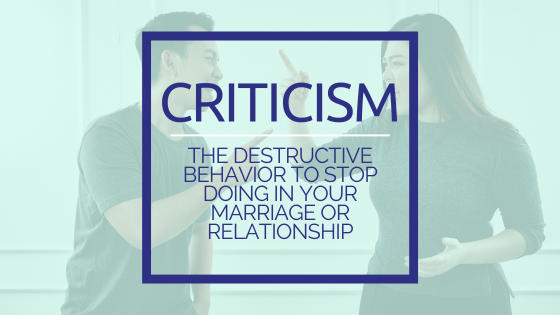As a licensed couples therapist, I’ve witnessed firsthand how the right book can serve as a powerful catalyst for personal growth, healing, and self-awareness. The self-help genre continues to evolve, with authors tackling everything from mental health and relationships to productivity and emotional resilience. If you're looking for guidance or inspiration in 2025, here are some of my recommendations.
1. "The Power of Tiny Habits" by BJ Fogg
Small actions create big change—this core idea from behavioral scientist BJ Fogg remains as relevant as ever. This book provides practical strategies for building habits that stick, with an emphasis on starting small. Whether you're working on improving your mental health or tackling daily productivity, Fogg’s insights are game-changing.
Therapist's Take: I recommend this book to clients who feel overwhelmed by change. It shows how incremental progress can lead to profound transformation over time.
2. "Atlas of the Heart" by Brené Brown
Brené Brown's exploration of human emotions offers a roadmap for understanding ourselves and connecting with others. She delves into 87 distinct emotions and experiences, helping readers expand their emotional vocabulary and build empathy.
Therapist's Take: This book is an excellent resource for clients working on emotional intelligence, relationship challenges, or self-compassion.
3. "Burnout: The Secret to Unlocking the Stress Cycle" by Emily Nagoski and Amelia Nagoski
In an age where burnout is increasingly common, this book provides actionable advice for managing stress and completing the stress cycle. The Nagoski sisters blend science and storytelling to offer practical solutions for restoring balance.
Therapist's Take: I frequently recommend this book to clients who struggle with chronic stress, perfectionism, or feelings of overwhelm.
4. "Set Boundaries, Find Peace" by Nedra Glover Tawwab
Boundaries are essential for healthy relationships and personal well-being, yet they’re often difficult to establish. Nedra Glover Tawwab offers clear guidance for identifying, setting, and maintaining boundaries in all areas of life.
Therapist's Take: This is a must-read for anyone learning to prioritize their needs without guilt. It’s an empowering resource for managing relationships and self-care.
5. "Emotional Agility" by Susan David
In this rapidly changing world, the ability to navigate emotions with flexibility is crucial. Susan David offers a science-backed framework for building emotional resilience and embracing life’s complexities.
Therapist's Take: This book is especially valuable for clients experiencing transitions or seeking to align their actions with their values.
6. "The Seven Principles for Making Marriage Work" by Dr. John Gottman and Nan Silver
This groundbreaking book by renowned relationship expert Dr. John Gottman distills decades of research into practical relationship advice for building a strong and healthy partnership. It covers everything from managing conflict to fostering intimacy and emotional connection.
Couples Therapist's Take: I often recommend this book to couples seeking actionable strategies to enhance their relationship. The exercises and insights make it a practical guide for any stage of a partnership.
7. "Hold Me Tight: Seven Conversations for a Lifetime of Love" by Dr. Sue Johnson
Rooted in Emotionally Focused Therapy (EFT), this book by Dr. Sue Johnson offers a roadmap for creating deeper bonds through meaningful conversations. It helps couples understand and respond to each other's emotional needs, fostering secure and loving connections.
Couples Therapist's Take: This book is a wonderful resource for couples looking to rebuild trust, improve communication, or deepen their emotional intimacy.
How to Choose the Right Book for You
When selecting a self-help book, consider your current goals or challenges. Are you looking to improve your relationships, manage stress, or understand yourself better? The right book can feel like a conversation with a wise and supportive guide.
Remember, books are tools—reading is just the beginning. Applying what you learn is where the real growth happens. If you’re exploring these topics and feel you need additional support, therapy can be an excellent space to deepen your insights and put them into practice.
At Austin Relational Wellness, we offer therapy services aimed at helping individuals navigate their challenges and enhance their relationships. Partner with a professional and get tailored guidance and a safe space to deepen your insights and implement positive changes in your life!
Article by Licensed Couples Therapist, Emily Ilseng, MA, LMFT Associate
Offering Austin Couples Therapy, Marriage Counseling & Individual Therapy





















































